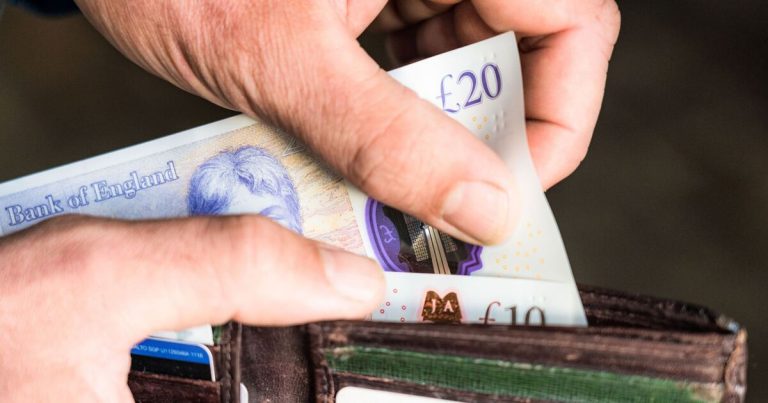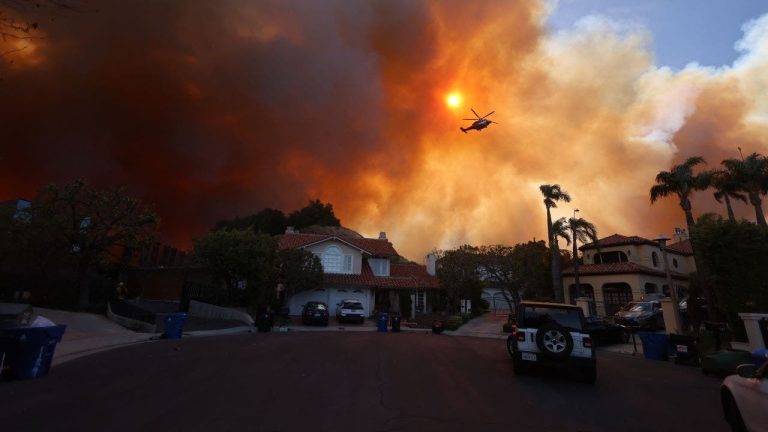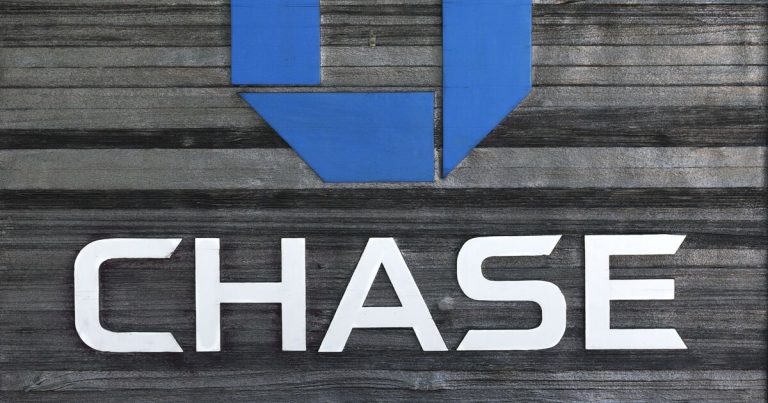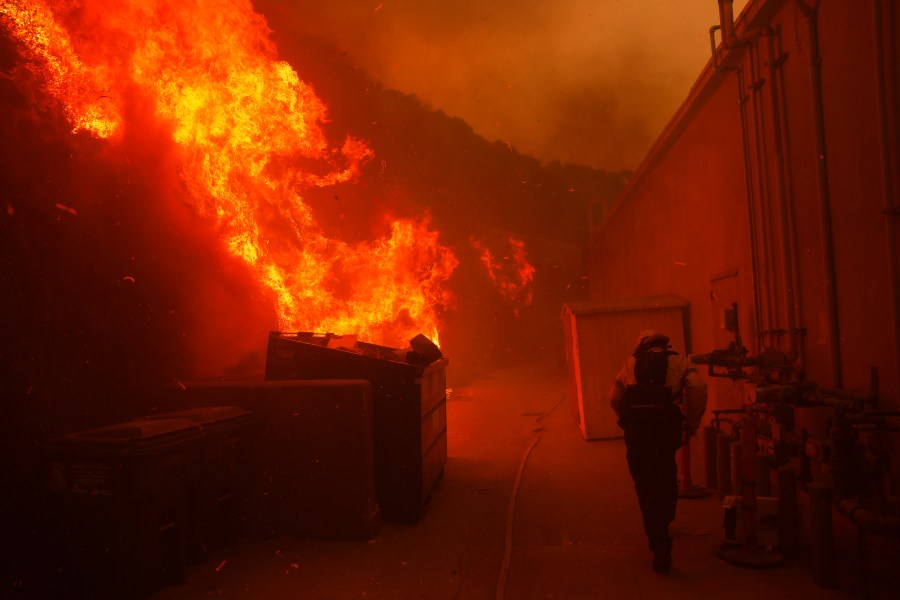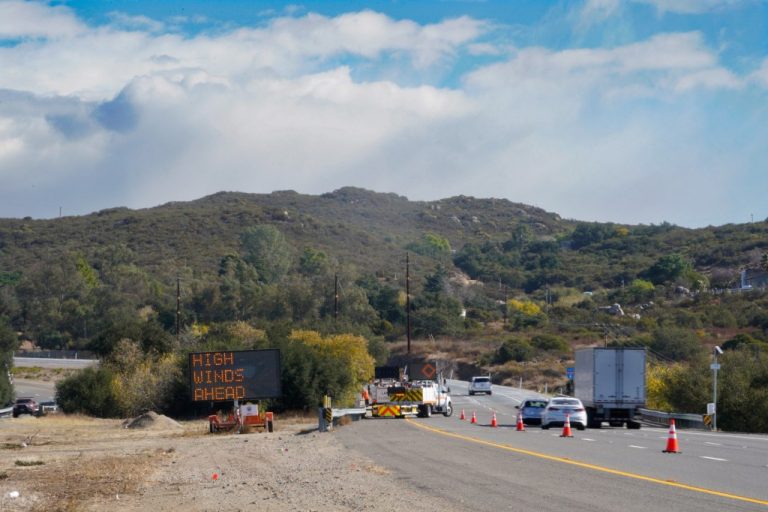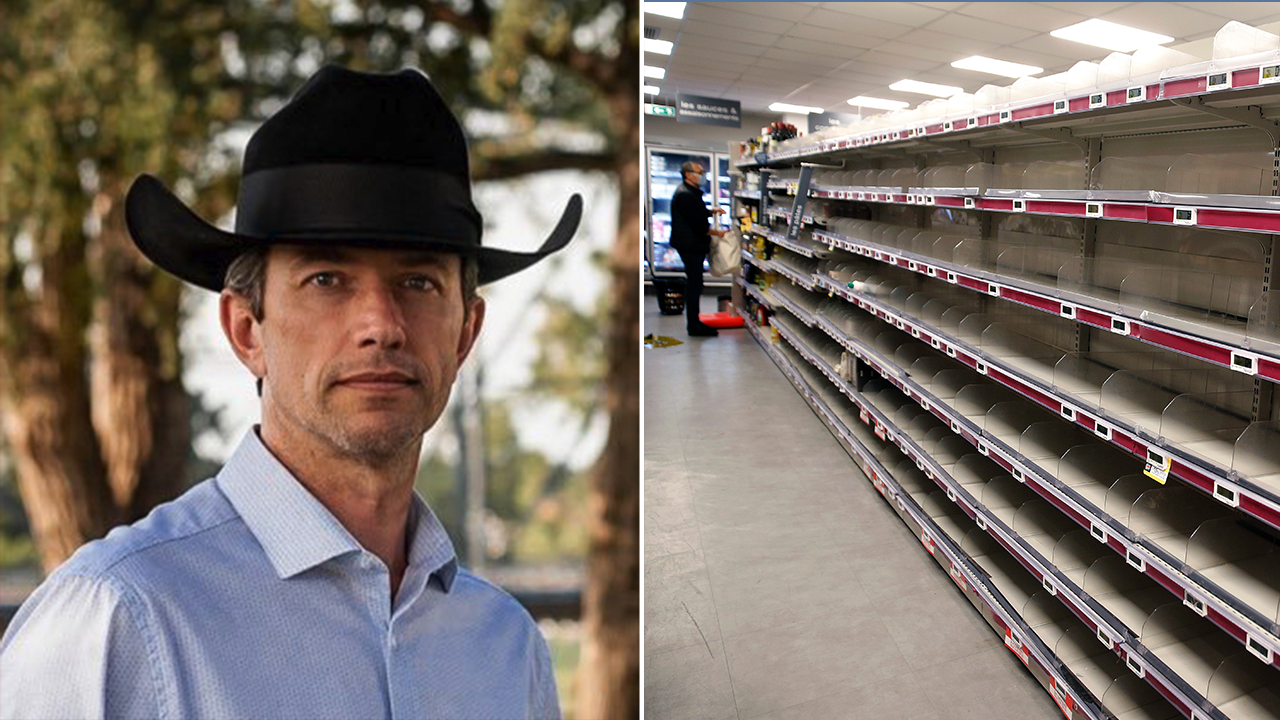
Jason Nelson, founder of PrepperBeef.com, explained how most people overlook how much food their family would need in case of a catastrophe, and gave tips on how to better prepare.
While doomsday “prepping” may once have been considered extreme, concerns about the food supply and looming disasters have left millions of Americans stockpiling for emergency situations.
“[M]ost people are concerned, not just about the larger conflicts, but I think that they are concerned about the price of current goods and they see the availability of things, shrinkflation if you will,” Prepper All Naturals founder Jason Nelson told Fox Business. “And I think people are becoming more and more aware of just how precarious their access to those items are.”
Nelson, a U.S. Army combat disabled veteran and Texas congressional candidate, launched his cooked freeze-dried beef company in 2021 with his fellow combat-disabled “brother.” The pair saw a need in the market for quality animal protein that could be stored long-term amid growing food instability across the globe.
Demand for their products have exploded since then, and he says his company has doubled in size every six months.
BUNKERS AREN’T JUST FOR BILLIONAIRES: INSIDE UNDERGROUND SPACES FOR AVERAGE AMERICANS
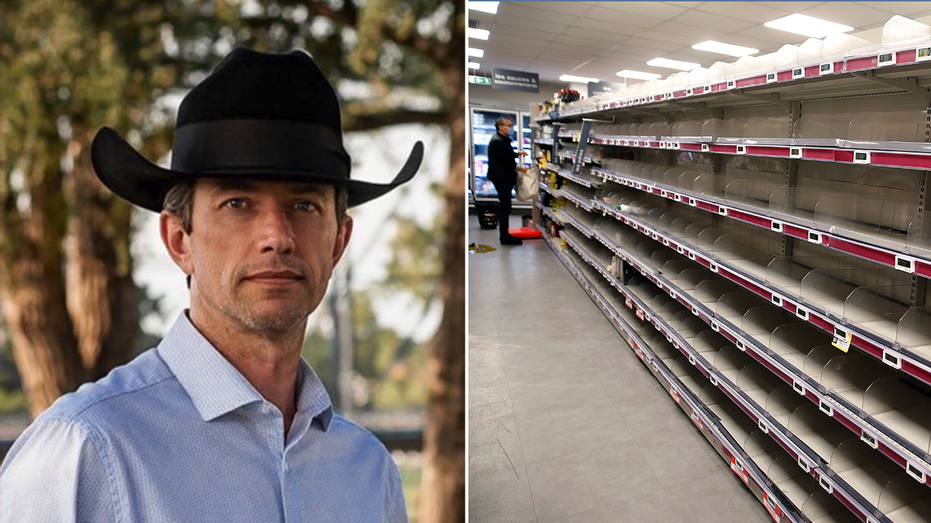
Prepper All Naturals founder Jason Nelson hopes his freeze-dried beef products can help families prepare for emergencies. (Prepper All Naturals/Getty Images)
Prepping has become more mainstream, he believes, because the pandemic made more Americans realize just how dependent they are on others to provide for their needs.
“I think people also realized that they were kind of helpless. So it wasn’t just that they couldn’t get access to stuff, but it was that they had no ability whatsoever to supplement that in their own lives. So even whether it be a creature comfort or a basic necessity, I think that that awareness overall broadened during COVID and of course, is exacerbated right now because people, once they started paying attention to the supply chain, they’re able to connect the dots between, for example, the breadbasket in Ukraine or rice shortages coming out of Asia, or, drought affecting beef production here in the United States,” he remarked.
The USDA reported that the nationwide beef cattle inventory dropped to a record low last week. Heavy government regulations and persistent drought over the last three years have put pressure on farmers and raised prices for consumers.
Americans need to consider the vulnerablity of the U.S. food supply and make plans accordingly, Nelson argues.
‘TRANSFORMERS’ STAR ON BECOMING A DOOMSDAY PREPPER: PLANNING IN CASE ‘S*** HITS THE FAN’ IN LOS ANGELES
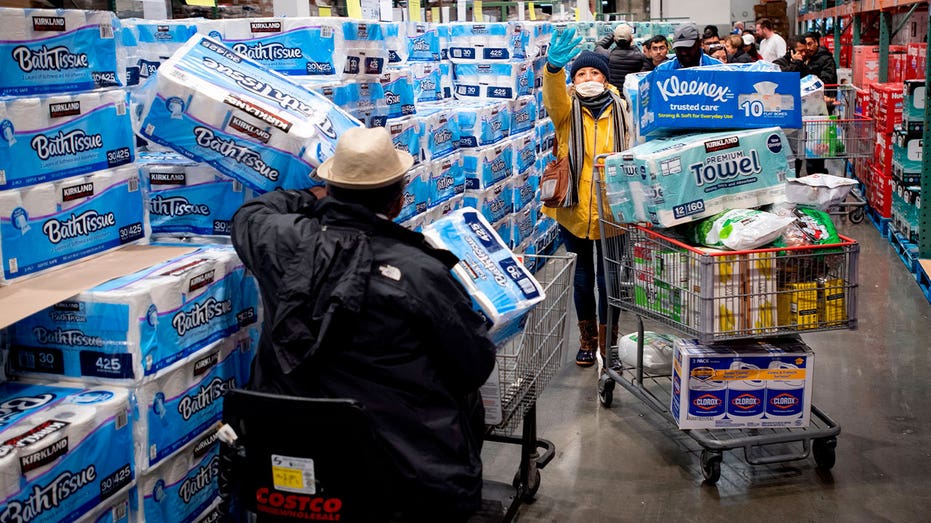
During the spring of 2020, many Americans hoarded toilet paper and other household basics. ( JOSH EDELSON/AFP via Getty Images / Getty Images)
“I just think a lot of people don’t know where food comes from. They don’t understand the distribution system. If they understood how that works, that there’s about two weeks worth of food in any distribution system around the United States, once those systems start to break down, the availability of food is going to drop to near zero. And so what people think they have in their cabinets that will help them survive is very different than actually sitting down and doing an analysis of caloric intake for your family, what they need for not just survivability, but maybe even thriveability,” he said.
Nelson hopes his company’s products can help families start their own emergency prepping. The cooked and freeze-dried beef is designed for long-term storage, but also is superior quality from what you’d find in a local grocery store, he argues.
“I go out and visit them every week in a pasture, but then they’re humanely slaughtered, hand-carved, sous vide and then freeze-dried,” he explained. “It’s all prime cattle from right here in Texas. It’s not select cattle that the government sold at auction from Argentina, which is what a lot of people are eating at their grocery stores. And I think a lot of people don’t realize the quality of beef that they’re getting.”
“So not only is it a higher quality beef, but obviously the design behind it is to allow people to supplement not only their long-term storage that they would normally set aside, but their emergency supplies as well,” he continued.
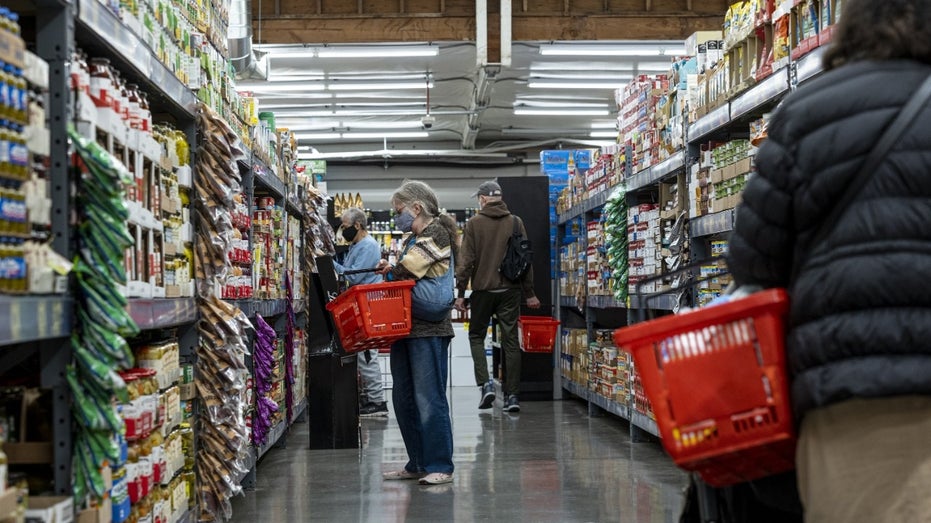
Inflation has spiked the price of groceries in the past few years. (David Paul Morris/Bloomberg via Getty Images / Getty Images)
When prepping for an emergency, he recommends using Maslow’s hierarchy of needs as a guide. He suggests families calculate how many calories they’d need to survive for more than a few days.
“I just try to remind people, if the electricity goes out, all your frozen goods are gone within three days. And if you don’t have anything canned, as in you can’t can that food and there’s no ability to do that, then you have to ask yourself, how much of a food supply do you need to get yourself through that?” he said.
While these kinds of discussions can be scary to think about, he hopes his products can help families get started on becoming better prepared for whatever may come.
“I don’t want people to just come buy my beef and then set it aside and go, ‘We’re good for the apocalypse.’ There’s so many other things that people need to do to be prepared, but what we hope to be is just a supplement for that, to be able to sustain people, give them some freedom in deciding with their family what they can do, what they can eat and, more importantly, to be able to help start that conversation with a lot of people who may have been afraid to on what they really need to do to be self-sustainable,” Nelson said.
GET FOX BUSINESS ON THE GO BY CLICKING HERE
Fox Business’ Kennedy Hayes contributed to this report.


